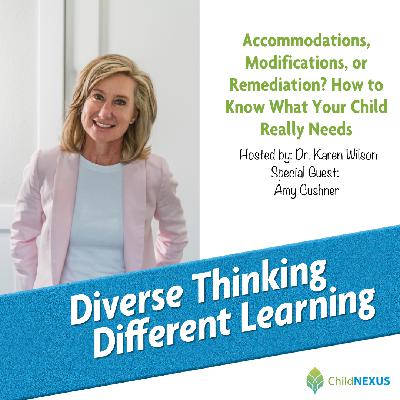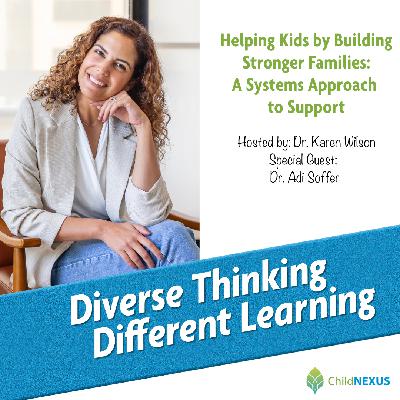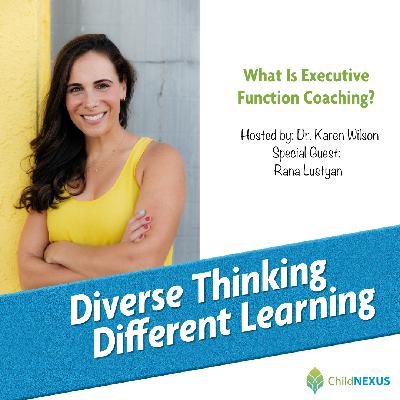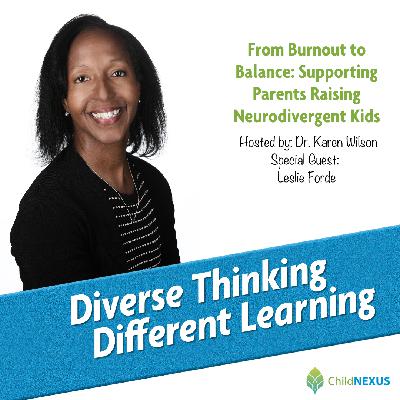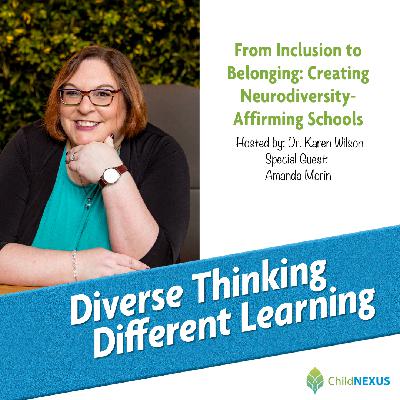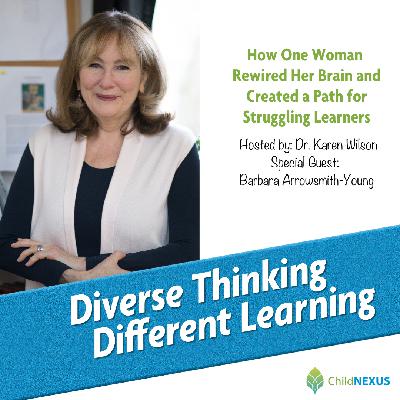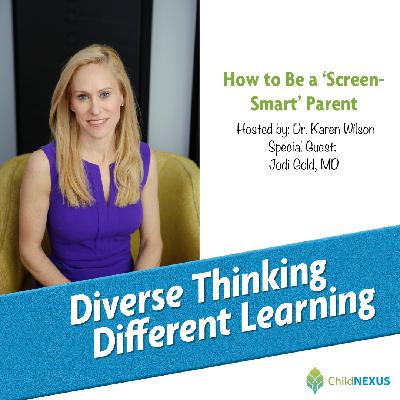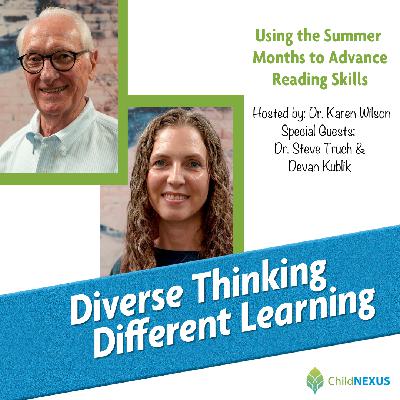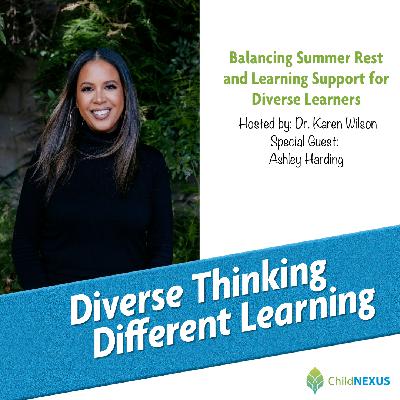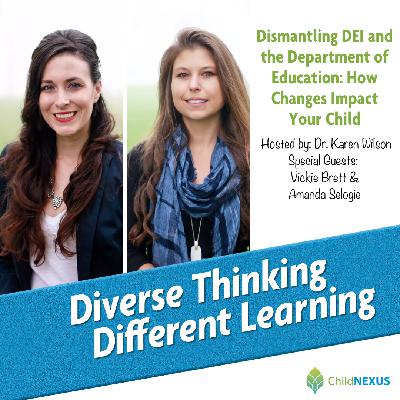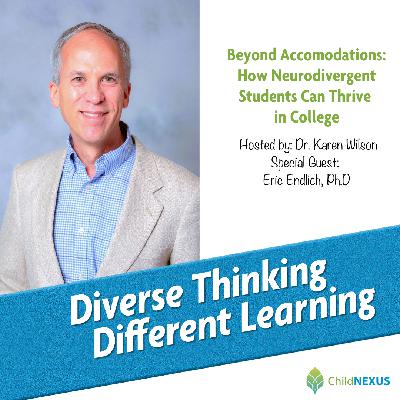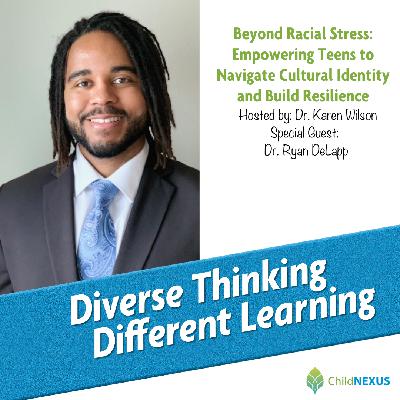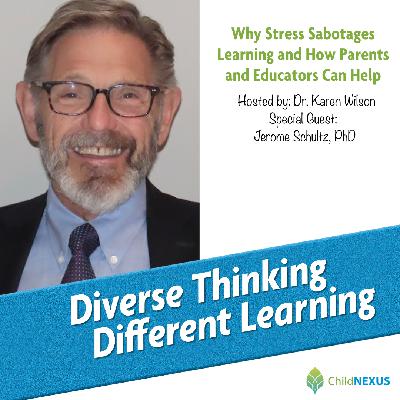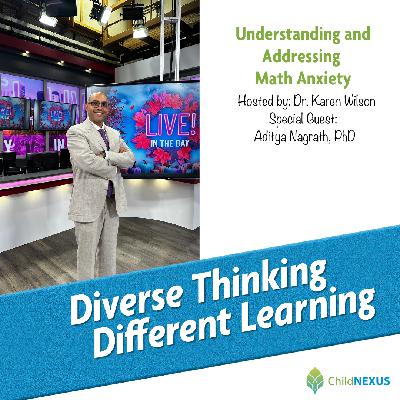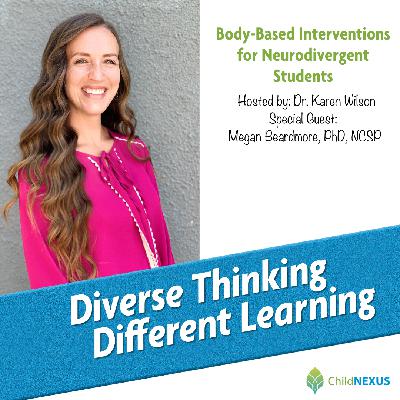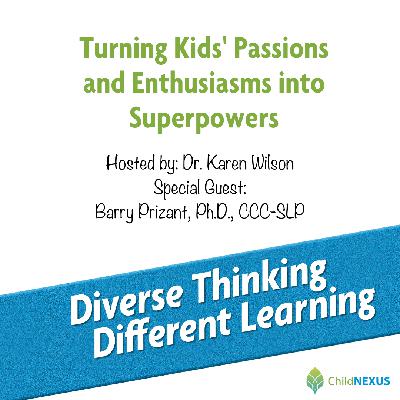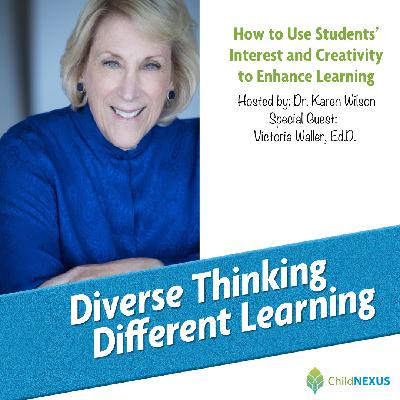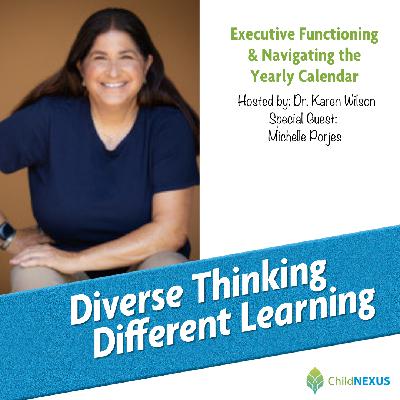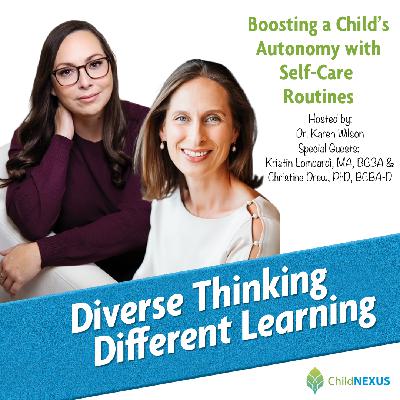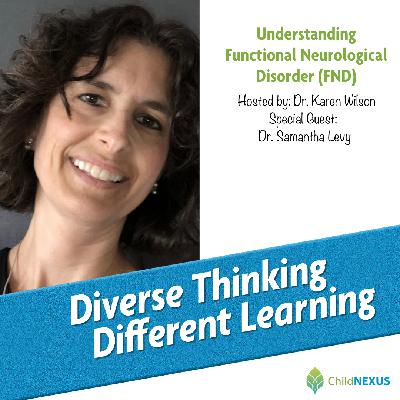Ep. 246: Accommodations, Modifications, or Remediation? How to Know What Your Child Really Needs with Amy Cushner
Description
For this episode of the show, we are joined by Amy Cushner! Amy has dedicated more than 30 years to the Shelton School and a lifetime to advocating for neurodivergent individuals, infusing passion, humor, and wisdom into every stage she graces. From classrooms in Dallas to conferences in China, she has become a sought-after voice championing inclusive, strengths-based approaches across both education and business..
In this episode, Amy breaks down the important differences between accommodations, modifications, and remediation in the education system, explaining how these terms are often used interchangeably but have distinct purposes that can significantly impact a child's learning journey.
Amy discusses the historical context, which traces back to Thomas Jefferson's vision for public education and the challenges of the "Goldilocks effect," ensuring the right fit for every student. She highlights why it's so important to understand the "magic number" that determines when remediation is provided, highlighting that the need for support does not disappear just because a student falls short of the threshold.
Amy stresses the importance of understanding important distinctions as they have major implications for a student's educational journey, particularly when it comes to college and career choices, and she also emphasizes the crucial role of early intervention and the empowerment of students to self-advocate, using visual cues and clear communication about their accommodations.
Throughout our conversation, Amy shares some valuable insights and practical advice for parents and educators, highlighting the need for a collaborative approach and the recognition that every child's learning journey is unique.
Show Notes:
[3:21 ] - Amy Cushner traces public education's evolution from Jefferson to modern challenges in individualized learning.
[6:54 ] - Students often get accommodations when remediation or intervention is truly required.
[7:12 ] - Amy criticizes rigid "magic number" cutoffs for remediation, calling them unfair and financially motivated.
[9:13 ] - Accommodations, Amy explains, provide classroom access without altering expectations or content.
[11:18 ] - Amy contrasts accommodations with modifications, which lower expectations to match processing or cognitive challenges.
[13:54 ] - Amy highlights knowing accommodation vs. modification and likens it to learning another country's customs.
[15:12 ] - Remediation can help develop missing skills caused by neurological learning differences, not intellectual deficits.
[17:31 ] - Research shows us that remediation builds entirely new neural pathways, effectively rewiring students' brains.
[20:17 ] - When schools won't fund remediation, parents have to seek external diagnoses and licensed therapists.
[23:19 ] - Hear how true remediation requires trained therapists.
[26:45 ] - Remediation needs to be paired with accommodations like audiobooks for full access.
[27:39 ] - Amy explains how modifications alter curriculum expectations, influencing future school and college options.
[30:02 ] - Amy suggests that teachers can use accommodations across the board to help build learning from the ground up.
[32:32 ] - Starting instruction too high frustrates students, while accommodations let them build confidence gradually.
[34:59 ] - Educational advocates help parents navigate laws, testing, and school obligations, helping to ease parental burdens.
[38:10 ] - Timely intervention prevents years of lost learning caused by eligibility cutoffs.
[41:21 ] - Amy encourages early remediation and teaching children to self-advocate for their accommodations.
[44:29 ] - Honest conversations can help kids avoid developing inaccurate, damaging narratives about struggles.
[45:48 ] - Amy reframes nonstandard brains as strengths that offer unique ways of seeing the world.
[47:02 ] - What is the best way to get in touch with Amy Cushner?
Links and Related Resources:
Connect with Us:
-
Email Dr. Wilson: drkiwilson@childnexus.com
Connect with Amy Cushner:
-
Phone: 972-855-8949
-
Email: amy@aceservice.org

